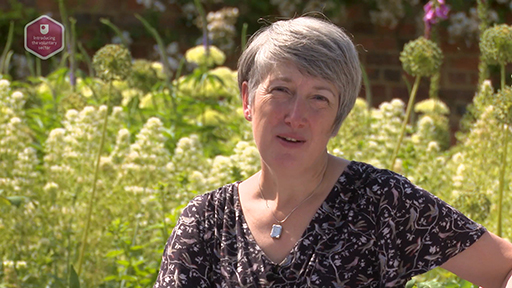Week 7: The role of volunteering
Introduction
Throughout this course, the crucial role of volunteers has been emphasised. You saw in Week 1 how the involvement of volunteers is one of the defining features of a voluntary or
Volunteers might be
This importance is also recognised by governments promoting the role of volunteers in service delivery, an increasingly controversial area, particularly where volunteers replace paid staff – such as in some libraries. Thus, the value of volunteering in society holds considerable value. It is often difficult to quantify this value and consequently some organisations try to put a monetary value on volunteering as often this is the most direct way to get others to understand its importance.
Although this course is about the voluntary sector, volunteers have traditionally been involved in other sectors too: for example, volunteers in hospitals do fundraising, run cafes and visit patients; government heritage agencies (e.g. Cadw in Wales or Historic Scotland) involve volunteers as guides in historic homes. Furthermore, many private sector organisations promote and support volunteering with their employees (known as
You may be a volunteer yourself or work in an organisation that involves volunteers on an extensive basis. This week aims to help you understand the role of volunteers at both a personal and an organisational level as you explore the nature of volunteering and, in particular, who volunteers and why.
In the following video, Julie introduces you to Week 7.

Transcript
By the end of this week, you will be able to:
- explain what is meant by volunteering
- develop a profile of who volunteers
- outline the reasons why people volunteer
- describe the types of volunteering activities supported by your organisation or in an organisation with which you are familiar.
